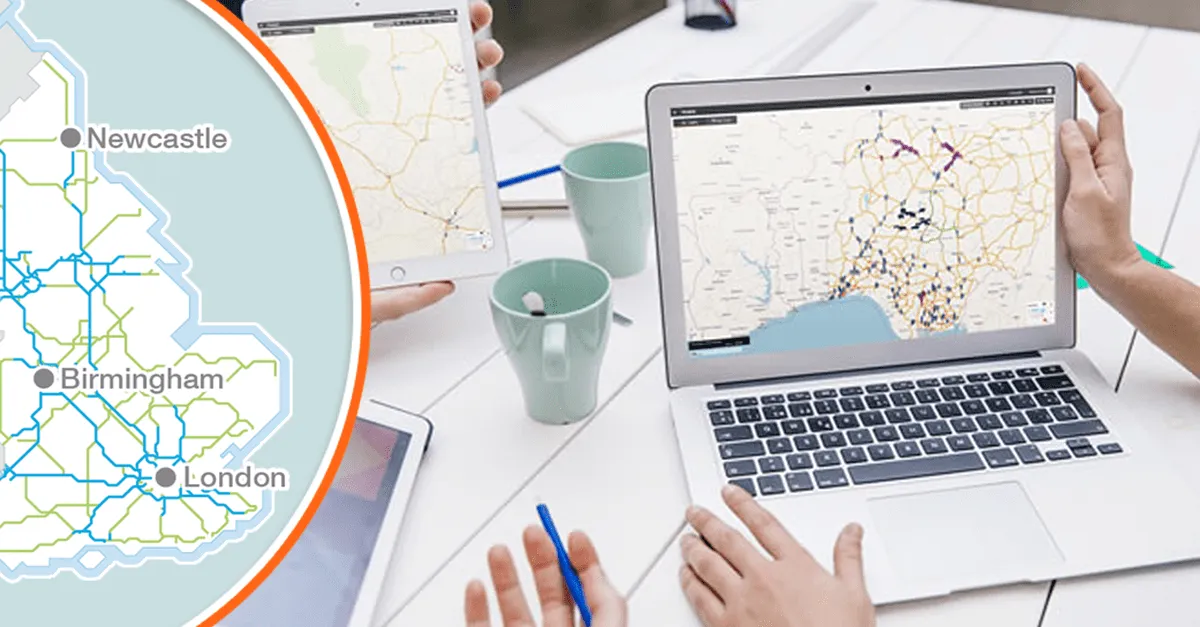The UK’s Transport Research Laboratory (
According to Richard Cuerden, TRL’s academy director, future road safety solutions will require innovation rather than repeating past measures.
Speaking at the DfT’s International Road Safety Conference, Cuerden discussed why a paradigm shift is needed in the transport sectors approach to road safety interventions to ensure road casualties are reduced significantly by 2030. The number of deaths on the world’s roads remains unacceptably high, with an estimated 1.35 million people dying/year.
TRL has a track record of innovation, from developing safer infrastructure, connected and automated vehicle (CAV) testing, to working with the
Delivering a range of insights to the transport community at the International Road Safety Conference, Cuerden discussed the digital revolution of transport and how the challenges and opportunities of new innovations must be tackled to ensure the future of road safety. Cuerden spoke to the following insights:
The design of smart liveable cities with zero emissions and zero casualties demands more walking, cycling and the use of public transport, rather than the use of private vehicles.
Urbanisation presents challenges and opportunities. Good design, removing the need for motor vehicles wherever practicable, could be the most suitable solution.
TRL envisages a world in which CAVs, public transport and bike hire schemes will give users multiple transport options between residential, industrial and commercial districts.
TRL is building the UK’s flagship testbed for Connected and Automated Vehicles (CAVs) – London’s Smart Mobility Living Lab and working in partnership with TfL to accelerate the real world delivery of new mobility products and services.
Future road safety solutions
The UK’s Transport Research Laboratory (TRL) has proposed a number of solutions that could help boost future road safety.
September 4, 2019
Read time: 2 mins







